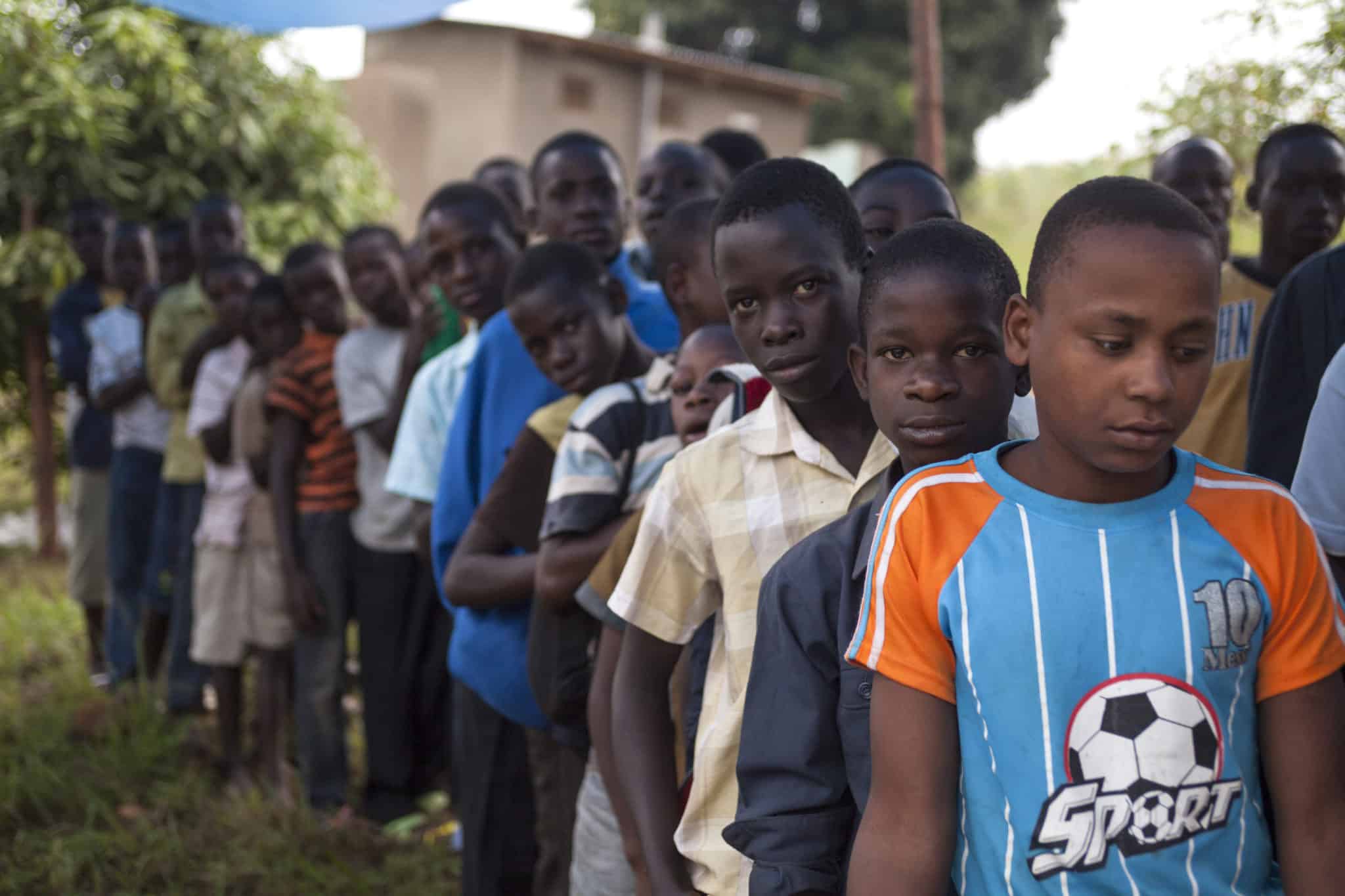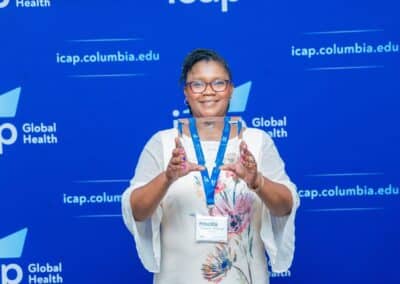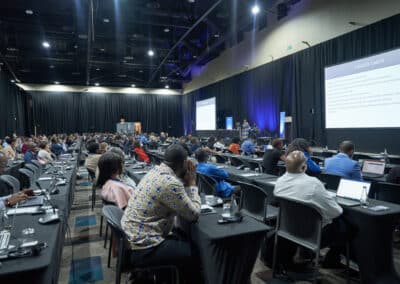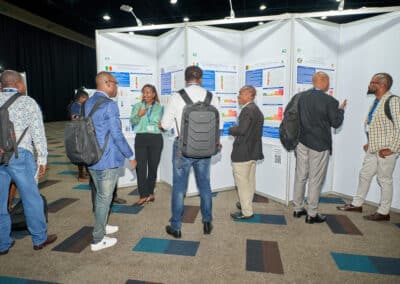New York – With support from ICAP’s CQUIN learning network, a team of pediatricians from ICAP at Columbia University is working with the Jaramogi Oginga Odinga Teaching and Referral Hospital (JOOTRH) to learn from adolescents living with HIV about their preferences regarding care and treatment.
According to UNICEF, AIDS remains a leading cause of death for adolescents. The global community is increasingly calling for differentiated service delivery models to better suit the unique needs and preferences of patients in different settings, including adolescents, a population that tends to have lower rates of retention in care and whose members are at greater risk for treatment failure.
In Kenya, the National AIDS and STI Control Program (NASCOP) guidelines specify that all facilities providing HIV treatment should offer differentiated service delivery models as a part of the standard package of care. This is especially critical for adolescents, as a 2014 study of over 22,000 HIV-positive youth and adolescents in Kenya found that loss to follow up was extremely high: 46 percent among adolescent pre-ART patients and 32 percent among adolescents on ART.
At JOORTH, the CQUIN project will include a self-administered, tablet-based survey of non-pregnant adolescents, aged 10-19, who are enrolled in HIV care. The survey was developed by ICAP and JOORTH staff, including peer educators, and explores patient preferences for elements of differentiated service delivery such as frequency of visits, setting of services and provider roles.
“If we can better understand the unique drivers of retention for HIV-positive adolescents, we’ll be one step closer to reducing the burden of AIDS-related deaths, achieving improved health status, and improving quality of life for HIV-positive adolescents,” said Dr. Fayorsey.
To learn more about the evaluation, and differentiated service delivery for adolescents living with HIV, contact Dr. Ruby Fayorsey at rf2190@cumc.columbia.edu.
This story is part of a series focused on the evolution of the CQUIN network, and countries’ progress in improving differentiated service delivery. To follow this story and others, sign up for the network’s monthly newsletter.






